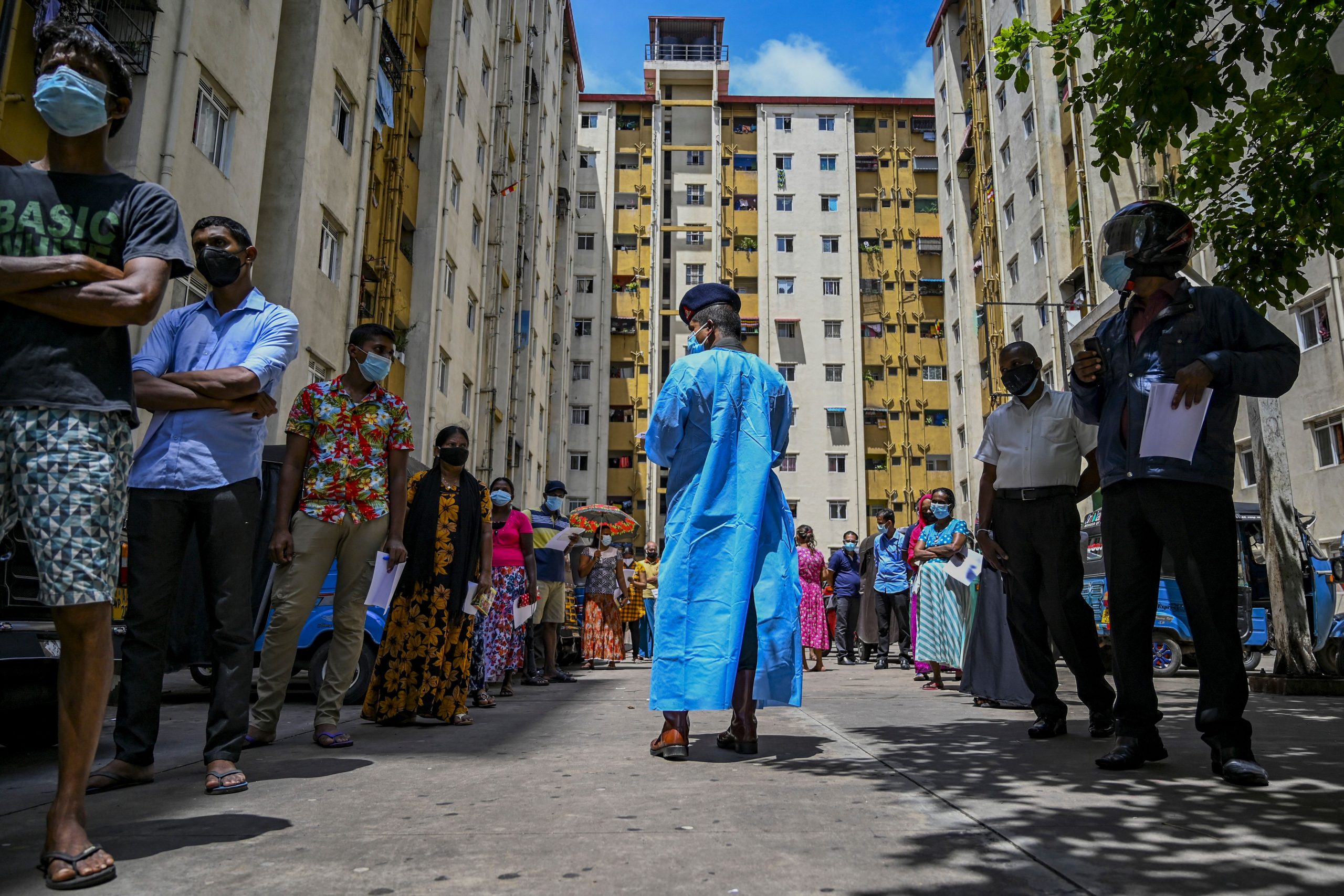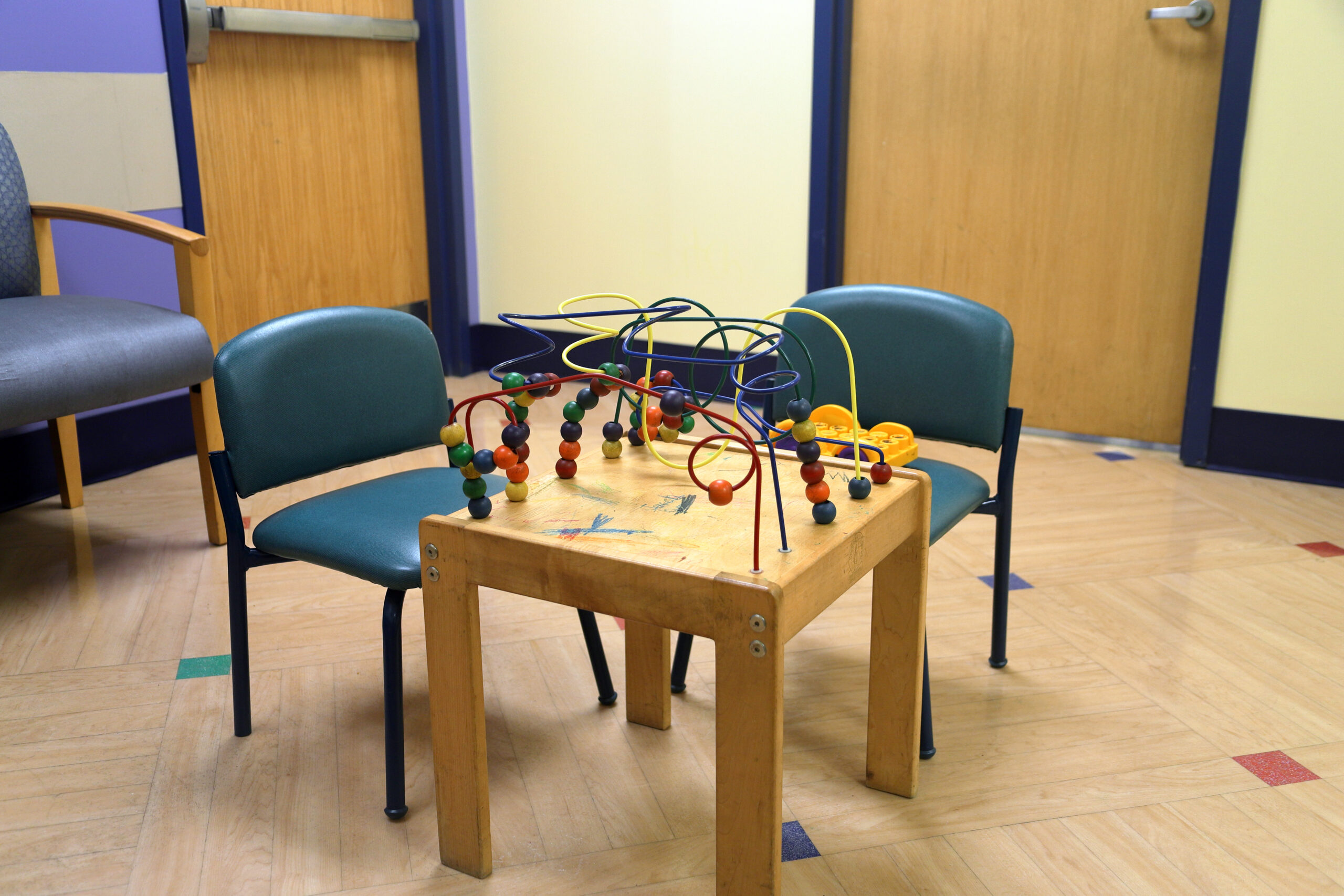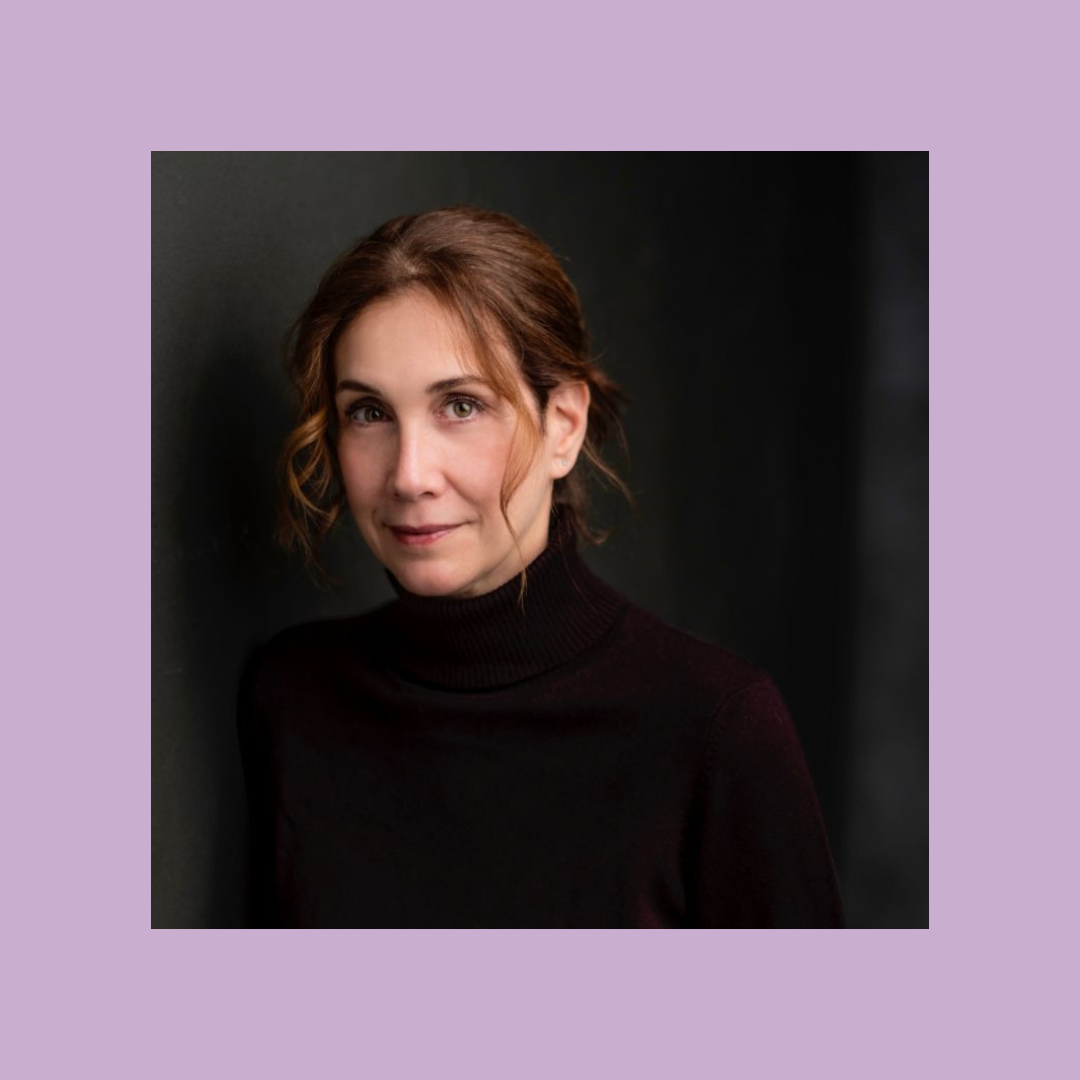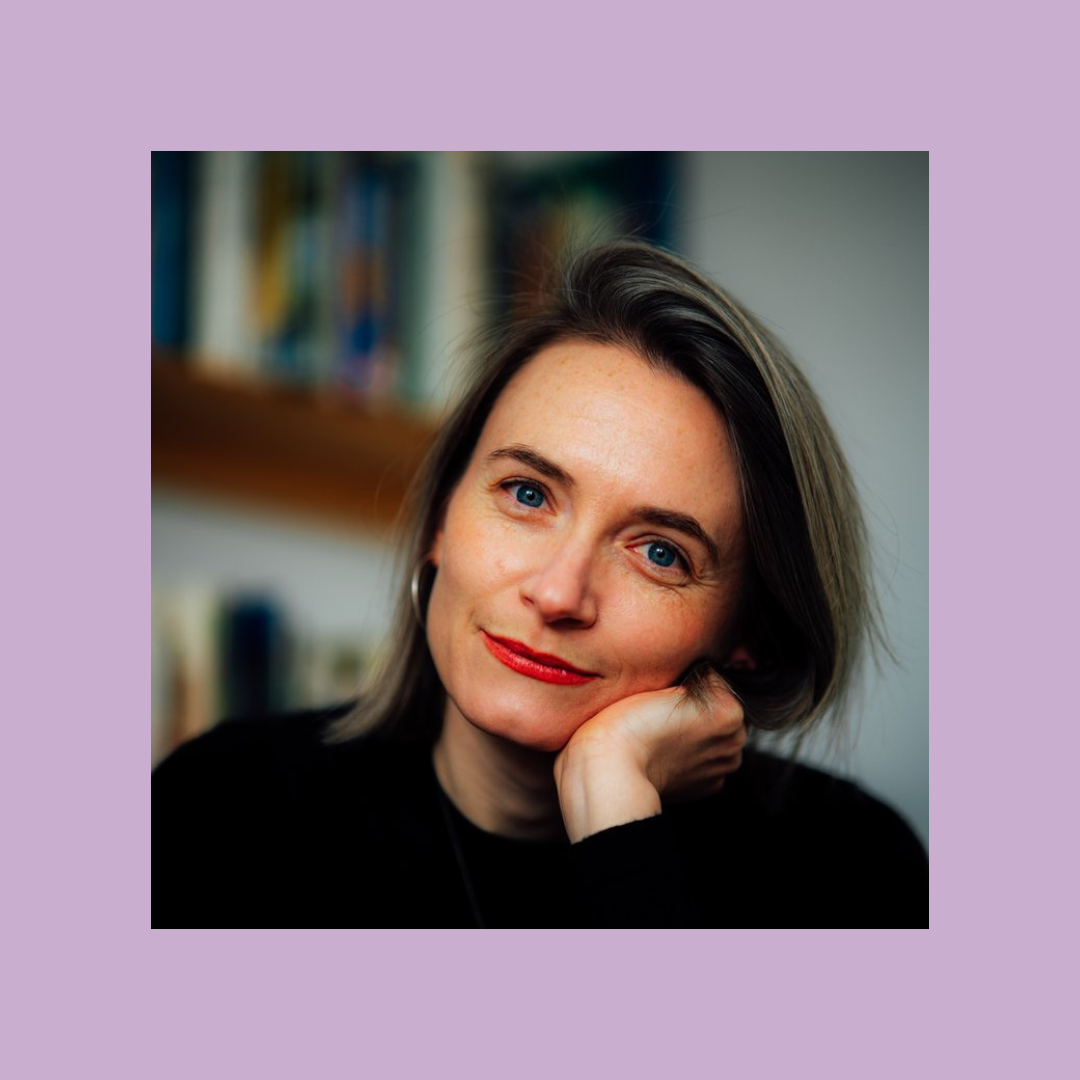Videos
Speakers
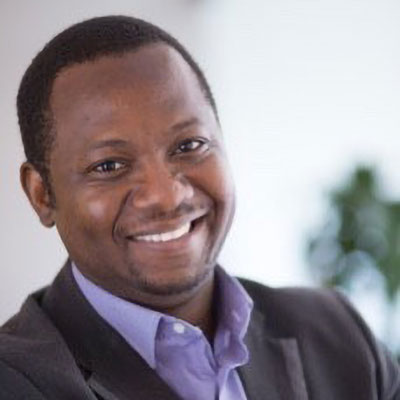
Olakunle Alonge
@JohnsHopkinsSPH
Assistant Professor, Johns Hopkins Bloomberg School of Public Health
Olakunle Alonge has a broad interest in global health with focus on implementation science, health systems and injuries. His research objectives are focused on improving the delivery of quality health services to disadvantaged populations; implementing and scale-up of effective public health programs; and reducing the burden of injuries in low and middle income countries (LMIC).
Dr. Alonge’s research studies have looked at approaches for organizing and delivering health services; developing and testing health systems strengthening strategies; measuring health systems performance; and implementing and evaluating complex public health interventions in LMIC. His studies have also focused on injury epidemiology and large scale implementation of child injury prevention programs.
Dr. Alonge’s current research is focused on the application of implementation and systems science methods for improving the design and evaluation of health systems strengthening strategies and other complex interventions, including interventions addressing child injuries, mental health and infectious diseases of poverty. He is currently leading the knowledge synthesis and translation of research and innovations from polio eradication to improve the delivery of other global health programs and strengthening health systems in LMIC.
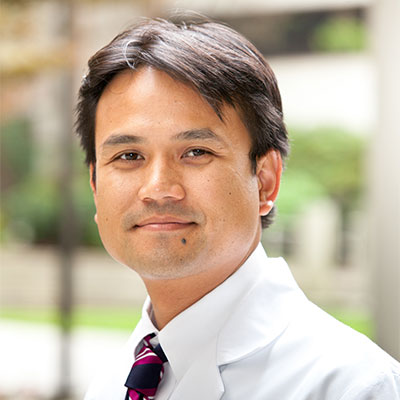
Phuoc Le
@Dr_Le_UCSF
Associate Professor, University of California San Francisco
Phuoc Le graduated from Dartmouth in 2000 with a double major in Biochemistry and Molecular Biology and Asian and Middle Eastern Languages and Literatures. He then matriculated at Stanford Medical School where he earned his MD. During his time at Stanford, Phuoc also obtained a Master’s of Public Health from UC Berkeley with a focus on global health. He completed a combined residency in Internal Medicine, Pediatrics, and Global Health Equity at Harvard’s Brigham and Women’s Hospital and Massachusetts General Hospital. During residency he has worked with the NGO Partners in Health (PIH) to provide equitable health care in Rwanda, Lesotho, Malawi, and most recently, post-earthquake Haiti. He has participated in both quantitative and qualitative public/community health, and anthropological research in Tibet, Shanghai, and Qinghai, PRC, and Geneva, Switzerland.
Currently, Phuoc is an Associate Clinical Professor of Medicine and Pediatrics at UCSF, where he is a hospitalist splitting his time between both departments. He co-directs the Global Health-Hospital Medicine Fellowship at UCSF. He is also an Assistant Professor at the University of California, Berkeley School of Public Health. Most recently, he co-founded the HEAL Initiative, an interprofessional 2-year global health delivery fellowship.
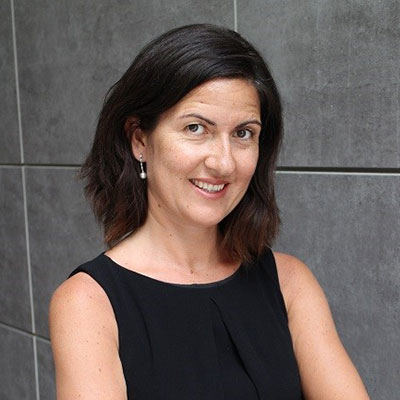
Helena Legido-Quigley
@legidoquigley
Editor-in-Chief, Journal of Migration and Health; Associate Professor, Saw Swee Hock School of Public Health
Helena Legido-Quigley is an associate professor at the Saw Swee Hock School of Public Health and has a parallel position with the London School of Hygiene and Tropical Medicine. She is also an Associate Fellow at Chatham House, the Royal Institute of International Affairs. She has conducted research on health policy and health systems in Europe, Sub-Saharan Africa and currently with a focus on Southeast Asia and Latin America. Specific areas of expertise include migrant health, gender equality in science, global health governance, health systems resilience, chronic conditions, and Antimicrobial Resistance. She has published over 100 articles in peer reviewed journals. Her work has been published in journals such as the Lancet, British Medical Journal and PLOS Medicine. It has also been widely covered in International media including The Times, The Economist, the Financial Times and the Huffington Post.
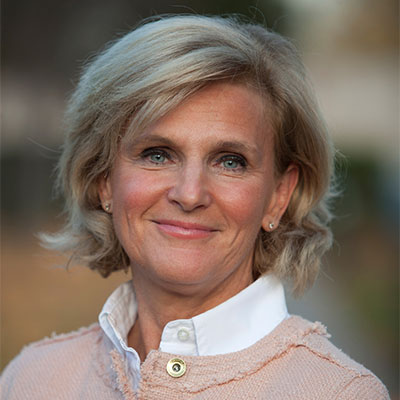
María Neira
@DrMariaNeira
Director, Public Health, Environment and Social Determinants of Health Department, World Health Organization
Dr. María P. Neira holds a degree in Medicine and Surgery (University of Oviedo, Spain), and a specialization in Endocrinology and Metabolic Diseases at the Université René Déscartes, Paris. She then obtained a Master’s degree in Public Health from the Université Pierre et Marie Curie, in Paris, France as well as a University Diploma in Human Nutrition. She also obtained an International Diploma in Emergency Preparedness and Crisis Management from the University of Geneva, Switzerland.
Dr Neira is since 2005, Director of the Department of Public Health and Environment at the World Health Organization (WHO).
Between 2002 and 2005, she was Vice Minister of Health and Consumer Affairs in Spain and President of the Spanish Food Safety and Nutrition Agency.
She has been working for WHO since 1993, with her first assignment being Coordinator of the Global Task Force on Cholera Control and then being appointed in 1999 as Director of the Department of Control, Prevention and Eradication.
Before joining WHO, she obtained extensive field experience working for five years in Africa as Public Health Adviser in the Ministry of Health in Mozambique and in Kigali, Rwanda, where she served as UN Public Health Advisor/Physician for the United Nations Development Programme (UNDP).
Previously, Maria acted as Medical Coordinator with Médecins sans Frontières within refugee camps in Salvador and Honduras during the armed conflict.
Among other distinctions, Dr Neira has been awarded the Médaille de l’Ordre du Mérite National by the Government of France, the Spanish National Nutrition Strategy Award, the Mujer Extraordinaria Award by Queen Letizia of Spain, and she is currently a member of the Royal Academy of Medicine of Asturias.
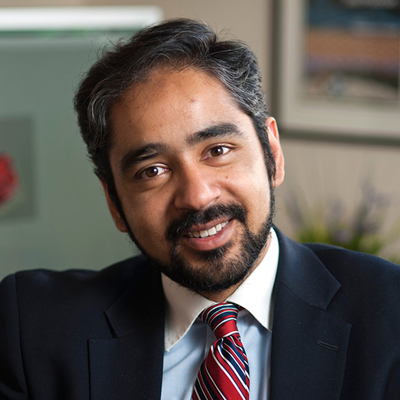
Muhammad Zaman
@mhzaman
Howard Hughes Medical Institute Professor, Boston University
Muhammad H. Zaman is Howard Hughes Medical Institute Professor of Biomedical Engineering and International Health at Boston University. Prof. Zaman’s current research is focused on three areas, namely using quantitative tools to understand tumor metastasis, developing robust technologies for high-value healthcare problems in the developing world, particularly in the area of maternal and child health, and working on health and innovation policy issues in developing nations. Technologies developed by Prof. Zaman are in various stages of implementation in several countries. In 2013, Scientific American named a technology from Zaman’s lab, PharmaChk, among the 10 technologies that will change the world.
He has won numerous awards for his research and teaching from IEEE, FEBS, American Society for Engineering Education, USAID, The US National Academy of Sciences, The University of Texas System, Boston University and other national and international organizations. Most recently, he was named Howard Hughes Professor by the Howard Hughes Medical Institute and was elected as a Fellow of American Institute of Biological and Medical Engineering.
In addition to his research, Prof. Zaman is actively engaged in bringing quality engineering education in several developing nations. He is currently involved in setting up biomedical engineering departments at universities in Kenya, Zambia, Uganda and Ethiopia. He is Co-Director of the UN Africa Biomedical Initiative. He is a regular contributor on issues of drug quality control and global health for the Project Syndicate (his columns have appeared in newspapers in more than 20 countries) and Huffington Post, and writes a weekly column on innovation in health and education for leading Pakistan daily, Express Tribune, which is part of the International New York Times group.
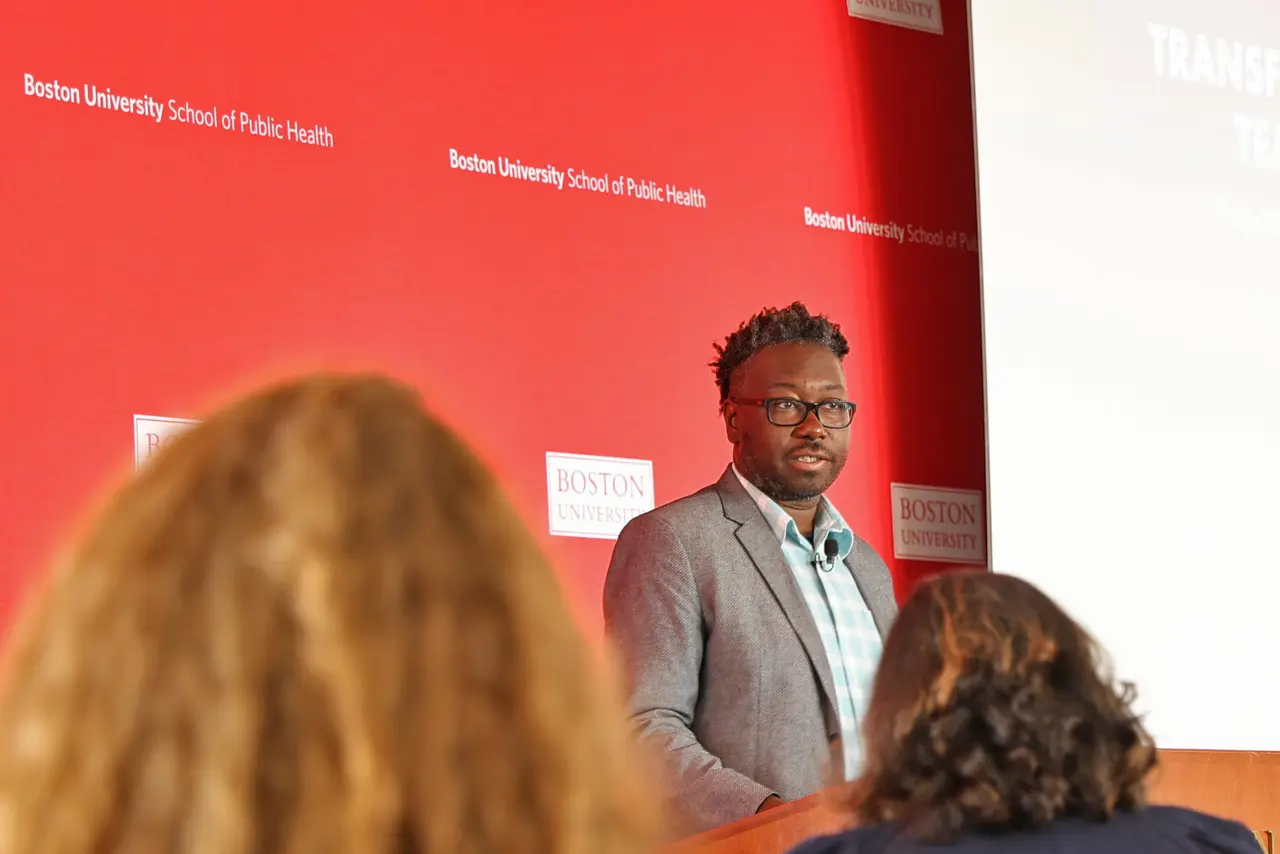
Subscribe to PHC
Get the latest from Boston University School of Public Health
